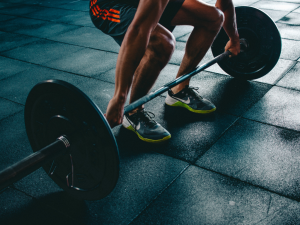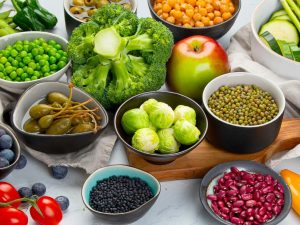We all know that nutrition is important for fitness – but what, specifically, matters when it comes to eating right?
Many people make the mistake of thinking that they need to severely restrict their food intake in order to see results.
In reality, though, proper nutrition is vastly different from what we perceive it to be.
In this blog post, we’ll explore some of the most important aspects of nutrition and discuss how you can ensure that you’re doing your best.
So read on – your goals may depend on it!
Meeting Your Needs
Most people think of fitness nutrition as a list of do’s and don’ts – eat this, but not that. And while it’s true that there are certain foods that will help you reach your fitness goals faster, the reality is that fitness nutrition is mostly about meeting your daily needs.
This means, ensuring that your body gets enough calories and macronutrients, from quality sources.
Sure, you can (and should) eat more of certain foods and less of others, but as long as you’re getting the right amount of nutrients, you’re on the right track.
So don’t stress about following some restrictive diet – just focus on making sure you’re getting enough nutrients from quality sources.
Now let’s talk about each nutrient individually.
Protein
Ever tried lifting weights consistently without protein in your diet? It’s pretty daunting, right?
The average person needs around 0.35 grams per pound of body weight, which means a 180-pound man would need around 65 grams of protein a day… And that’s just to maintain okay bodily functions!
But when you’re working out, you need even more – up to 2.5 times the amount, in fact.
That’s because exercise causes tiny tears in your muscle fibers, and protein is essential for repairing those tears and helping your muscles (and all other systems involved) rebuild themselves and get stronger than before.
Good sources of protein include lean meats, chicken, fish, eggs, dairy, beans, soy products, and nuts.
So if you want to make the most of your workout routine, be sure to get 0.8-1g of protein per lb of bodyweight!
This is the key to recovery.
Fats
Dietary fats are an essential component of human nutrition, yet the public perception of fats has been highly negative in recent years.
This is largely due to the fact that fats are associated with a range of health problems, including obesity and heart disease.
However, it is important to remember that not all fats are created equal.
Some fats, such as trans fats and other highly-processed fats, can indeed be harmful to your health.
However, other types of fat, such as unsaturated fats and omega-3 fatty acids, are actually beneficial for your health.
In fact, poor dietary fat intake has been linked to lower testosterone levels in men, hinting that quality dietary fat is an important aspect of hormonal health.
The recommended daily fat intake forms at around 0.35-0.45g per lb of bodyweight, from quality sources, such as grass-fed animal products, olives/olive oil, avocados, nuts, and fatty fish.
… And Some Carbs!
There’s been a lot of talk lately about the so-called “evil” carbohydrates. Low-carb diets are all the rage, and carbs have been demonized by many as nothing but empty calories that will sabotage your weight loss efforts.
However, the truth is that carbs play an important role in sports performance, and cutting them out entirely is not necessary (or even advisable).
In fact, research has shown that consuming carbs can actually improve performance.
When carb-rich foods are consumed, they are broken down into glucose and stored in the muscles in the form of glycogen.
During high-intensity exercise, glycogen is used for energy, and having adequate stores can help to prolong exercise duration, delay fatigue, and increase overall output.
This is why, after securing quality protein and fats, you should also consider adding some quality carbohydrates, such as potatoes, rice, sweet potatoes, fruits, honey, and starchy vegetables.
Adherence
Why do people find it so hard to follow a nutrition plan? After all, it’s not like we’re trying to climb Mount Everest.
All we have to do is eat healthy foods and avoid junk food. But for some reason, this simple task seems to be beyond the abilities of many people.
There are a number of possible explanations. Maybe we’re just too lazy. Maybe we just can’t resist the lure of unhealthy foods.
Or maybe, we’re just bad at planning and budgeting.
Whatever the reason, the fact remains that adherence to a nutrition plan is the most important aspect, because you have to be able to stick to it in the long term.
And if you can’t stick to it, then all of your efforts will have been for nothing.
Experiment and see what offers the least resistance – this is what you will be able to stick to in the long term.
Because after all, it’s not a ‘diet’ with a start and end date.
It’s a habit you have to cultivate.
Consistency & Discipline
There are no two ways about it – if you want to see results from your training and nutrition efforts, you need to be consistent.
That means showing up for workouts day after day and making smart food choices most of the time. But why is consistency so important?
Well, for one thing, it takes time for changes to occur in the body.
If you only work out sporadically or eat well sometimes but not others, it’s going to be tough to make progress.
In order to see results, you need to give your body a chance to adapt to the new stimulus (exercise) and the new nutrients (healthy food).
And that takes time.
Additionally, consistency builds discipline.
The more consistently you show up for workouts and eat well, the easier it becomes.
Soon, it will become second nature.
If you’re looking to make tangible changes in your body, remember that consistency and discipline are key.
Final Words
So, what truly matters when it comes to nutrition for fitness?
It’s about providing your body with the right nutrients so that you can perform at your best, physically and mentally.
By eating a variety of nutrient-rich foods, you’ll be able to support both your physical and mental health.
And so… are you ready to start fueling your fitness journey with the right foods?





